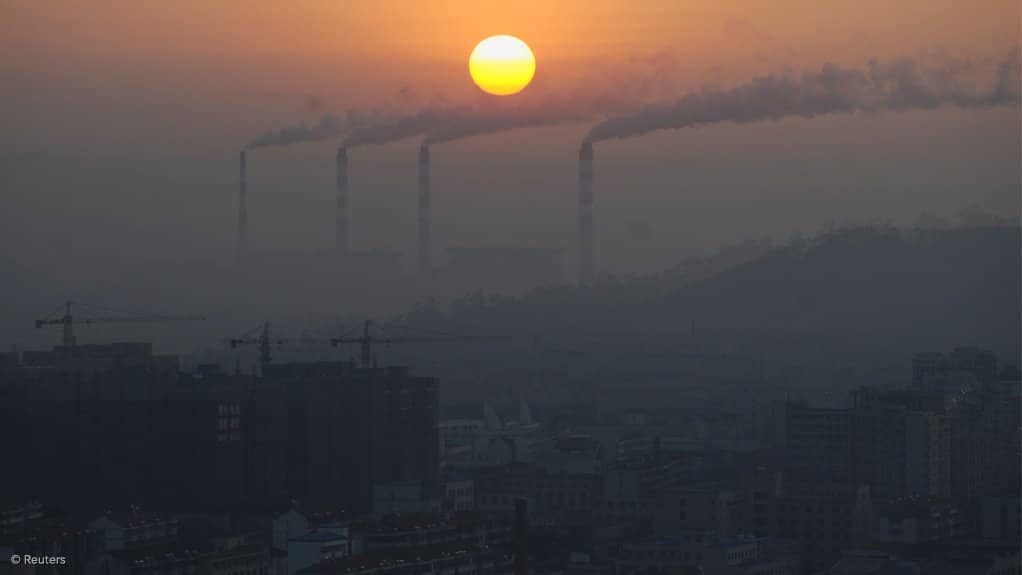Oil and gas giant Santos has called on the government to support a range of low-carbon technologies as part of efforts to reach net zero.
Speaking at the Australian Petroleum Production & Exploration Association (Appea) 2023 conference, Santos MD and CEO Kevin Gallagher said that there was no single silver bullet solution for global warming.
“It is why I encourage governments not to pick winners. It is why low carbon technologies should be incentivised on a technology-neutral basis so that we can find the lowest-cost path to net zero.
“If governments are truly anti-emissions rather than anti-fossil fuels, they should embrace the ongoing use of abated oil and gas, synthetic methane, direct air capture (DAC) and carbon capture and storage (CCS), because the benefits of using existing infrastructure and energy systems will save trillions of dollars and deliver net zero without compromising our living standards,” Gallagher said.
He told delegates this week that Australia was falling behind the US which is growing both its gas industry and its CCS industry because it understands the ongoing need for abated gas in its own economy and in customer countries in Europe and Asia.
“And because Australia does not yet have the regulatory frameworks in place to offer carbon storage capacity that Japan and Korea need, they are now looking to Indonesia and Malaysia.
“Australia simply cannot afford to turn its back on the gas industry or to shun the opportunity of new, exciting industries such as CCS and synthetic methane which have the potential to deliver the energy transition faster and at lower cost,” Gallagher said.
“The industry is ready to invest and we are anxious to work with the government as a matter of urgency in a process to define these opportunities so that Australia is not left behind the US, Europe, Indonesia and Malaysia in the race to build new, low-cost abated gas and other decarbonisation industries.”
Gallagher pointed out that in addition to developing its Moomba CCS project, which would store up to 1.7-million tonnes a year of CO2, Santos is also working on developing DAC technology, which would take CO2 straight out of the atmosphere.
“This technology, combined with CCS, holds immense potential for offsetting the emissions from hard-to-abate sectors, including aviation,” he said.
Santos is in the midst of commissioning a DAC technology which it will be trialling in the Cooper Basin. The trial unit is able to capture a quarter of a tonne of CO2 per day and will soon be transported to Moomba where it will be optimised.
“Later this year, we will scale the technology up to build a 1 t/d unit for delivery to Moomba and further trials next year. I believe we are on a path to meet the cost target I have set of $75/t by 2030 for DAC, an order of magnitude lower than average global costs of DAC technology today.
“This puts us in reach of the possibility of eliminating Scope 1, 2 and 3 emissions from natural gas production and use.
“When combined with the low cost of Moomba CCS and the large-scale carbon storage capacity of the Cooper Basin, up to 20-million tonnes of CO2 per year for 50 years, this could be the start of an exciting new industry for South Australia in carbon management services, not just for oil and gas production, but for our customers and other third parties,” Gallagher said.



